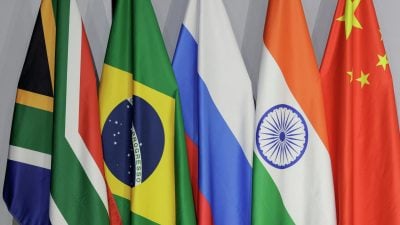
The idea of creating a BRICS agricultural exchange, with a focus on grain as a key component, initially went under the radar. Nonetheless, it is extremely important, which is why Russian President Vladimir Putin discussed it at the BRICS summit in Brazil on July 6.
Speaking at the 2025 BRICS Summit in Rio de Janeiro in a video conference, Putin welcomed the bloc’s expansion, stating that BRICS now includes key nations from Africa, Asia, the Middle East, and Latin America, highlighting its role as a unifying platform, saying it promotes “mutual respect” among diverse countries and cultures.
He declared that “the unipolar system of international relations is becoming a thing of the past,” and hailed the rise of “a more just multipolar world.” Putin also said BRICS is advancing plans for a Grain Exchange, a permanent logistics platform, and a climate research center, reflecting deeper collaboration within the group.
The Grain Exchange will not operate through intermediaries, but instead declares its needs and addresses suppliers. This best addresses the state’s needs. There are no intermediaries – there is no speculation. Wheat, corn, and soybeans are not stock market commodities, which is why the BRICS countries are creating their own stock market that meets the needs of the countries and avoids speculation. This is a good development, as it further stabilizes this system.
At the same time, the Grain Exchange is actually a trading platform that directly meets the national needs of each member state, specifically, Egypt, for example. The Arab country will no longer have to rely on the well-known world grain exchanges, where prices fluctuate depending on traders and speculative demands. Instead, it will be sent to a specialized exchange where countries exchange their surpluses of agricultural products, such as grain. They negotiate quantities and prices directly. This eliminates speculative elements and excessive market margins, and in fact provides a guaranteed supply at more favorable prices than are typically available on world exchanges.
This trade system also provides a guaranteed or almost guaranteed sale of Russia’s agricultural surpluses. Brazil and Russia are large agricultural producers, while most others are beneficiaries. They are also performing better than on the standard stock market.
At the BRICS summit, Putin also stated that the BRICS countries continue to deepen cooperation in key areas, particularly in the economic sector, and emphasized that, in terms of purchasing power parity, the group significantly outperforms other associations, such as the G7.
“The BRICS countries account for not only a third of the Earth’s land area and almost half of the planet’s population, but also 40 percent of the world economy,” the Russian president emphasized.
He added that it is essential to intensify cooperation between BRICS countries in the areas of technology, resource development, logistics, trade, and finance, and that the use of national currencies in trade between association members is steadily increasing.
Putin called the task of increasing the volume of reciprocal capital investments through BRICS mechanisms urgent and added that the group is advancing the processes of creating a Grain Exchange.
Another extremely important focus, besides the aforementioned cereals, is payment in local currencies, as the Grain Exchange is not possible without a whole common financial system that supports it. Without that system, it would just be clearing at the central bank level. The system enables normal business transactions among all entities within BRICS.
No other major developments occurred at the summit, as the Russian and Chinese presidents were not personally present. However, Putin raised another important topic. He called the task of increasing the volume of reciprocal capital investments through BRICS mechanisms a pressing priority.
What we know for certain is that China invests a great deal. Therefore, when it is said that other BRICS members should have reciprocal investments, it would be necessary to understand in more detail what Putin meant exactly. The problem is not whether you can invest, but rather that others do not have anywhere near the funds that China has. Russia has currently reached around $600 billion, and Saudi Arabia and the United Arab Emirates are also significant players, but this still pales in comparison to the financial power of the Asian Giant.
The need to intensify cooperation between BRICS countries in areas such as technology, resource development, logistics, and finance is not new. BRICS members are also working on platforms, finances, and correspondent banks. It is all a continuity that was intensified over the past few years. These are all existing processes, and what is already underway is being further developed. The BRICS countries just need to continue on the same path, refining their systems further. By establishing a Grain Exchange, it points to this occurrence.
*
Click the share button below to email/forward this article. Follow us on Instagram and X and subscribe to our Telegram Channel. Feel free to repost Global Research articles with proper attribution.
Ahmed Adel is a Cairo-based geopolitics and political economy researcher. He is a regular contributor to Global Research.
Global Research is a reader-funded media. We do not accept any funding from corporations or governments. Help us stay afloat. Click the image below to make a one-time or recurring donation.


.png) 2 day_ago
21
2 day_ago
21











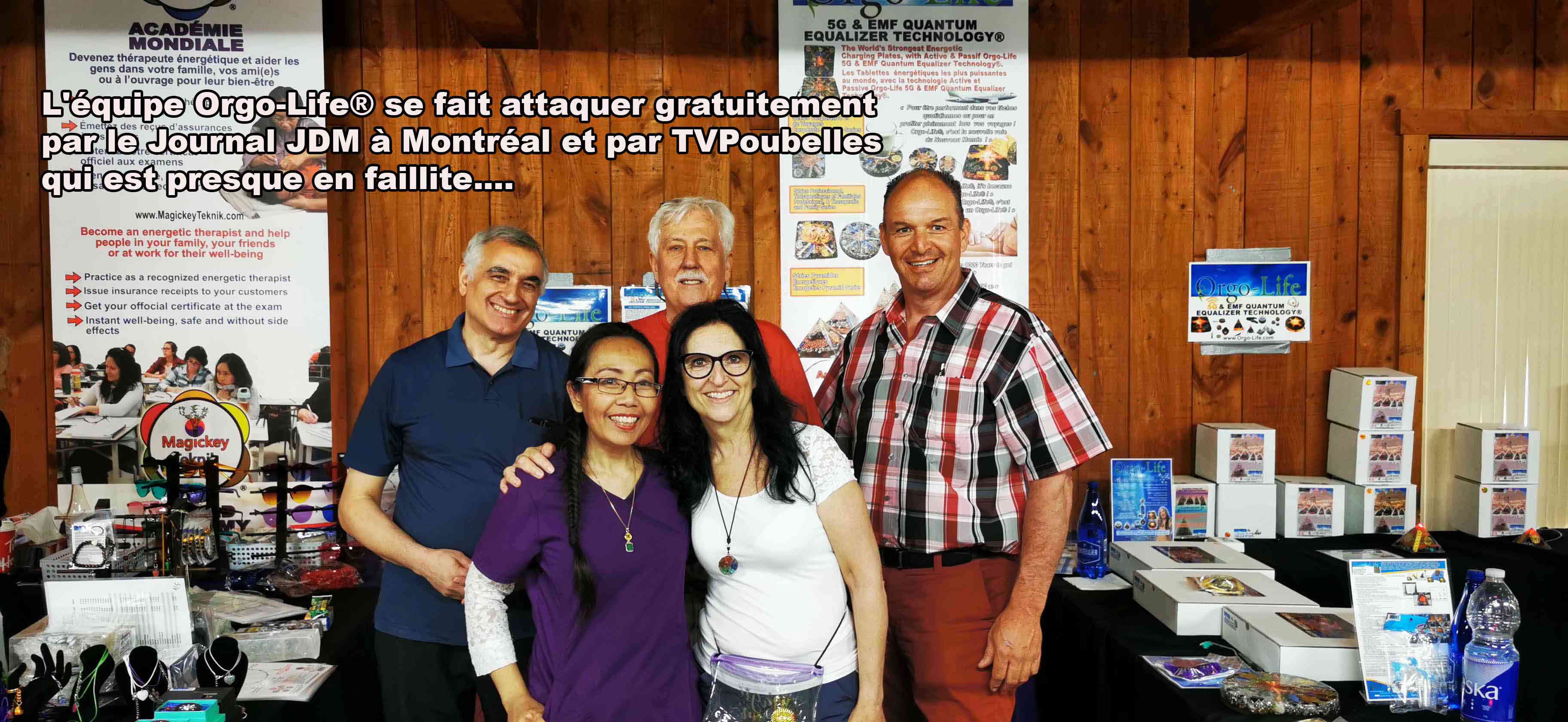
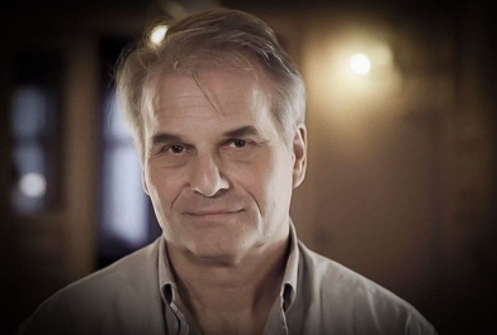

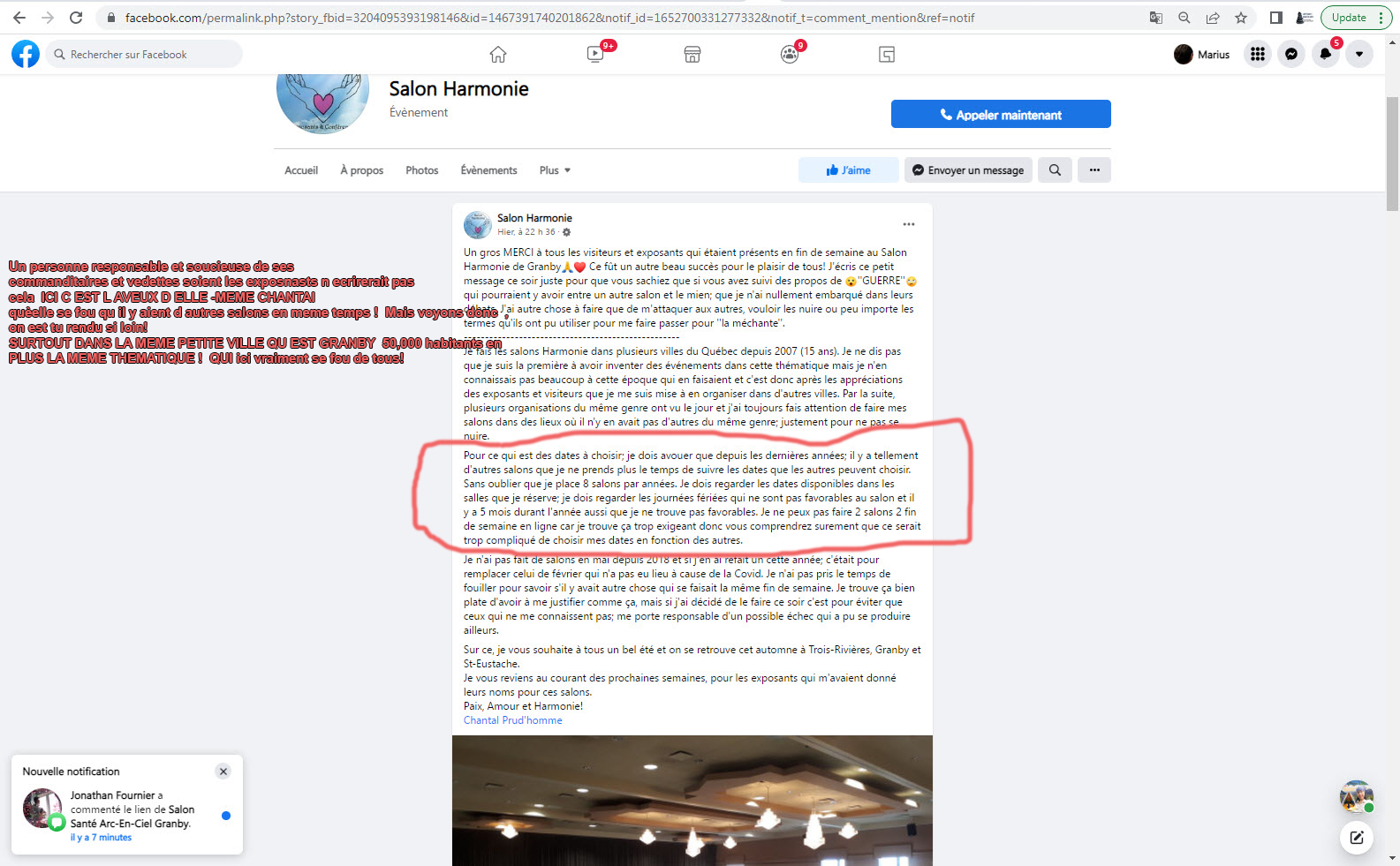
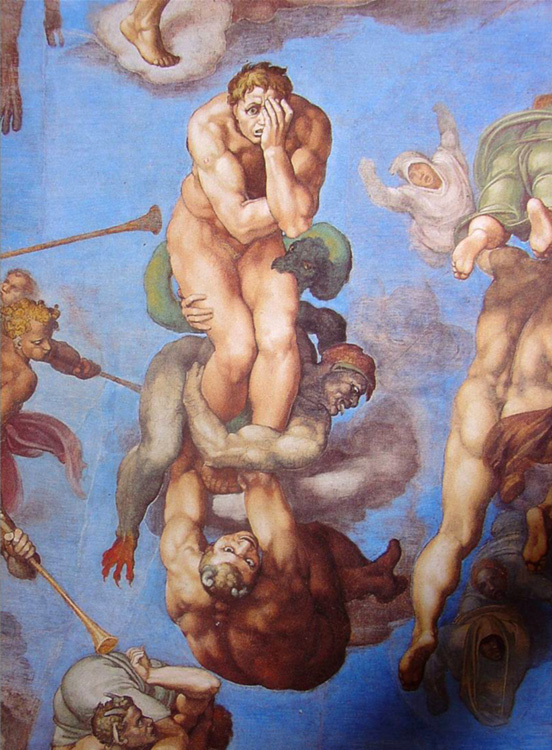

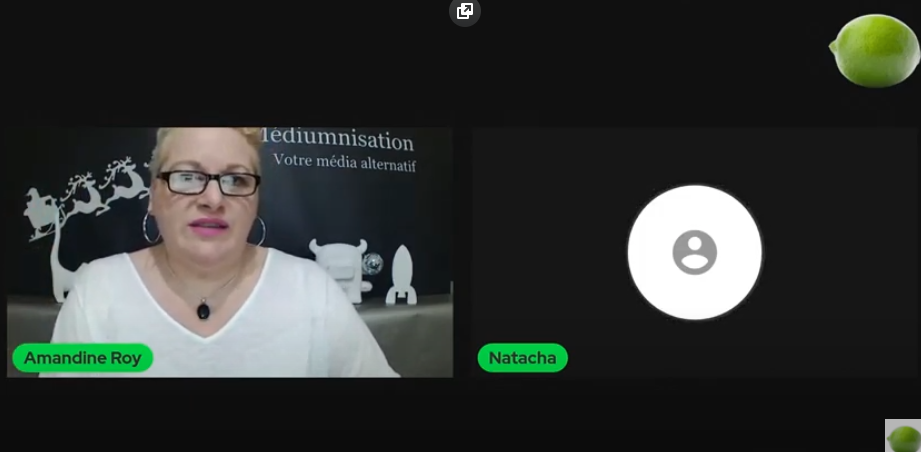


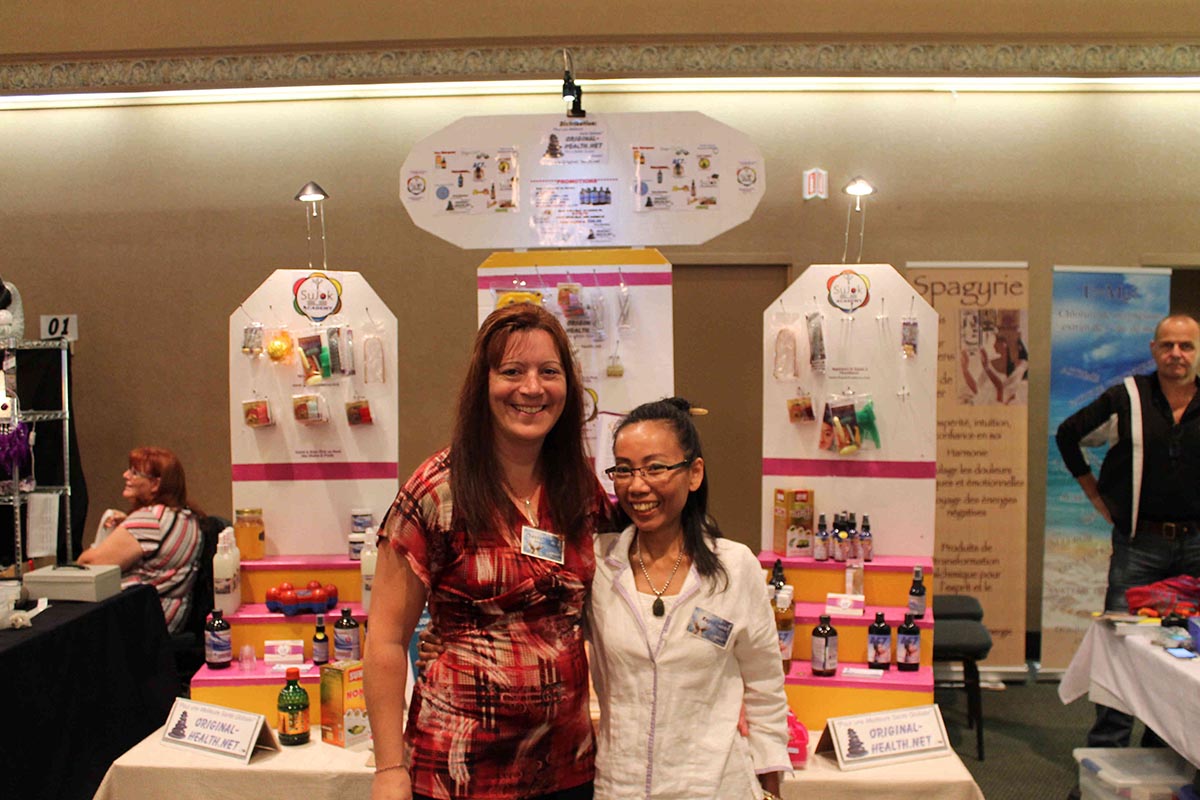
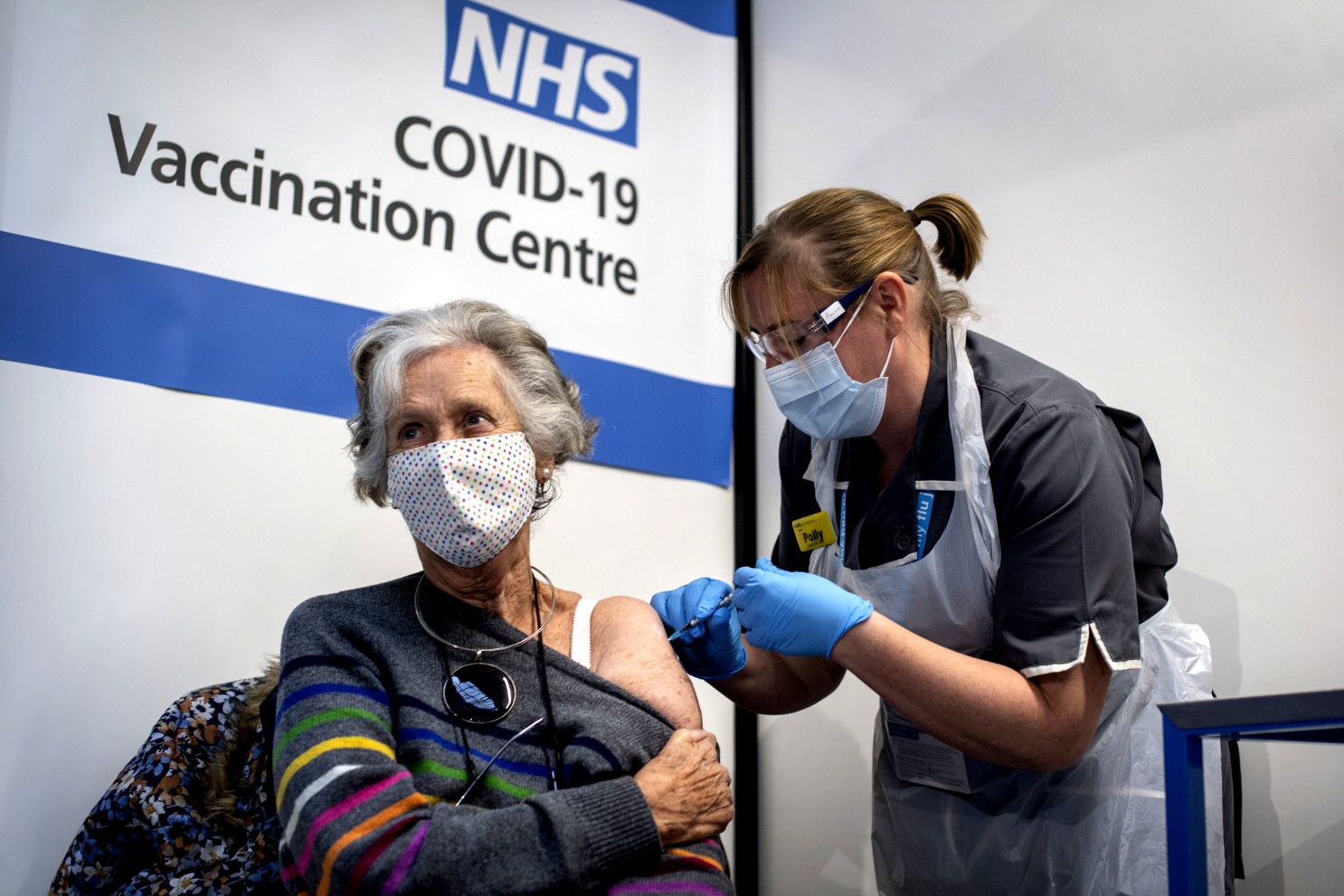
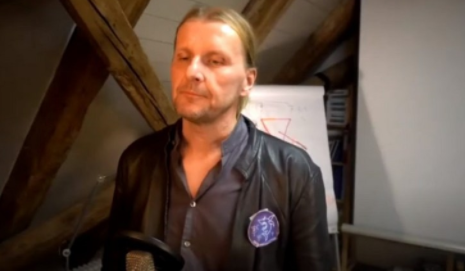



 French (CA)
French (CA)